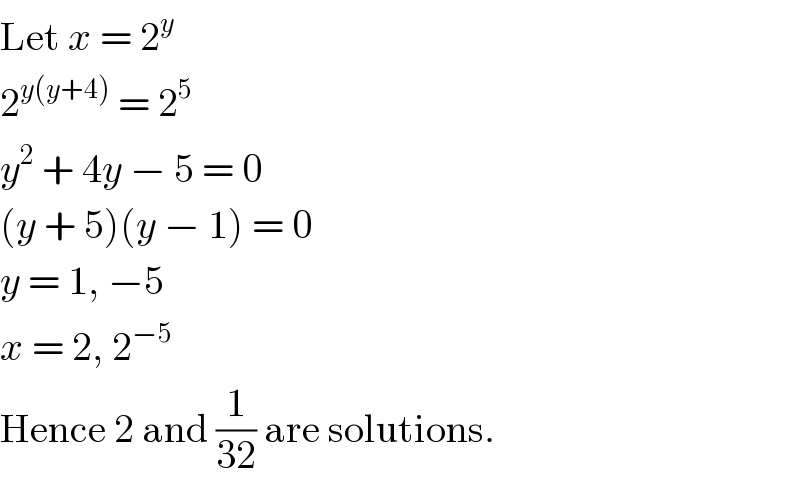
Question and Answers Forum
Question Number 20195 by mondodotto@gmail.com last updated on 23/Aug/17

Answered by Tinkutara last updated on 23/Aug/17

Commented by mondodotto@gmail.com last updated on 23/Aug/17

| ||
Question and Answers Forum | ||
Question Number 20195 by mondodotto@gmail.com last updated on 23/Aug/17 | ||
 | ||
Answered by Tinkutara last updated on 23/Aug/17 | ||
 | ||
| ||
Commented by mondodotto@gmail.com last updated on 23/Aug/17 | ||
 | ||